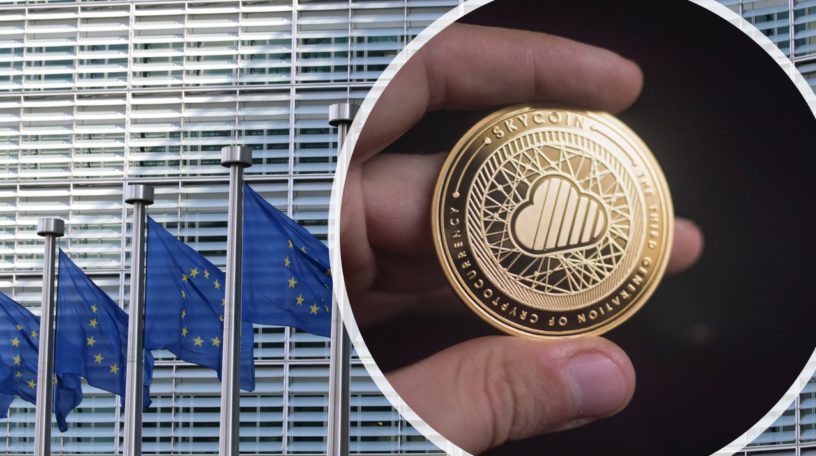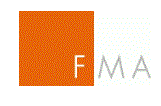By Dan Byrne
A leaked regulation draft from the European Commission suggests it is pushing for single set of rules to govern the handling of digital assets across the bloc.
The document, titled ‘Markets in Crypto-Assets’ (MiCA) will provide legal certainty around the issuance and trading of cryptocurrencies, security tokens and stablecoins, Coindesk reported on Wednesday.
This will essentially mean that the EU is moving to regulate crypto assets in the same way as it would any other financial instrument – streamlining financial law and ensuring clear coherency across the bloc.
Multiple finance ministers across Europe have called for a “clear regulatory oversight” of these kinds of coins when they met in Berlin last Friday.
Among the bloc-wide regulations proposed in the leaked document, issuers of crypto-assets would have to ensure they are incorporated as a legal entity and that their registered office is located in an EU member state.
MiCA’s proposed regulations appear to be specifically targeting ‘stablecoins’, said Siân Jones, senior partner at XReg Consulting – a firm specialised in the legal handling of cryptoassets.
Stablecoins are cryptocurrencies designed to less volatile to changes in price. They are usually backed by other non-stablecoin cryptocurrencies, normal currencies or assets such as precious metals.
Jones said that this would further integrate crypto into the “traditional” world of finance in the EU and would likely entice more investment.
“By making crypto just like everything else in the traditional world, you make it easier for the traditional world to accept it,” she said.
There is, however, a concern of whether the new regulations will stifle the fast-paced crypto market, Coindesk reports.
Jones herself cautioned that the new regulations would likely mean an advantage for banks and traditional investment firms in the short to medium term, and added that the crypto market will lose its status as a “grey area” in EU law. The regulations will be released by the commission this month, but will likely not be officially incorporated into EU law till 2022.
Share this on:
Follow us on:








